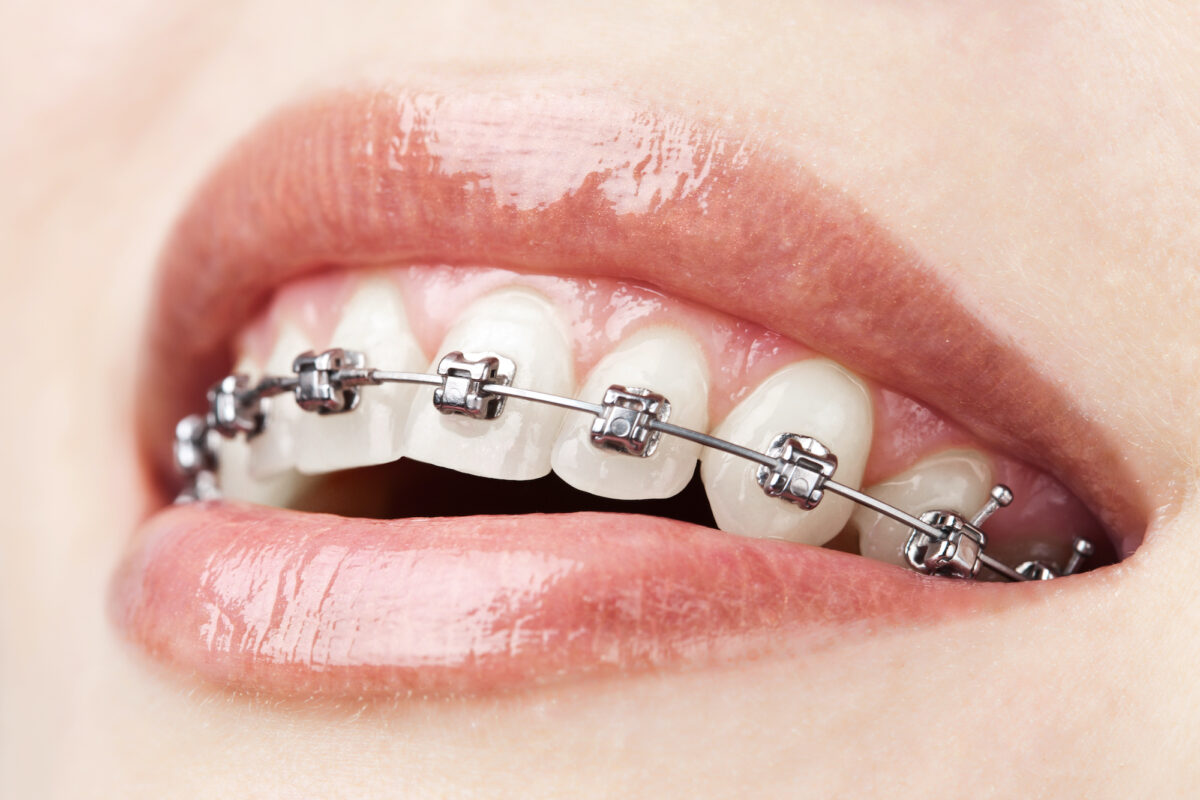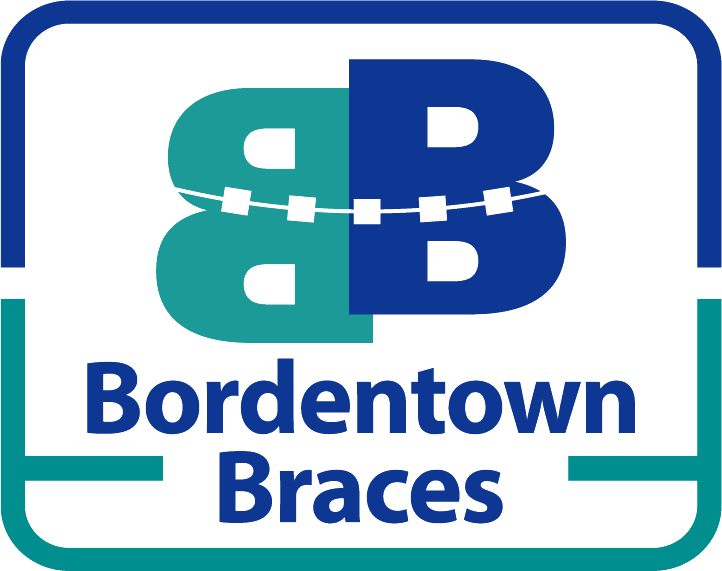
8 Common Orthodontic Issues to Look Out For
Orthodontics plays an integral role in not only enhancing smiles but also in promoting overall dental health. This specialized field addresses a range of issues that, if left untreated, can lead to significant oral health complications. In this article, brought to you by Bordentown Braces, we’re going to talk about eight common orthodontic issues. The goal is not only to inform you about these conditions, but also talk about their potential impact on dental well-being, and the importance of recognizing and addressing them promptly. By understanding these common orthodontic issues, you can take proactive steps toward maintaining a healthy and confident smile.
Common Orthodontic Issues
Crowding
Have you ever noticed your teeth overlapping or not having enough room? This is called crowding, one of the most common orthodontic issues. It’s not just about looks; crowded teeth can make cleaning difficult, leading to other dental problems. Thankfully, teeth expanders and carefully designed orthodontic plans can help in creating the necessary space, ensuring both a healthier and more attractive smile.
Spacing
Gaps between your teeth, known as spacing, are more than just an aesthetic concern. They can affect how you chew and even how you speak. But don’t worry, spacing is often easily corrected with the right orthodontic approach, which might include braces or, in some cases, a retainer for your mouth to bring your teeth into perfect alignment.
Overbite
An overbite, where your upper teeth protrude significantly over the lower teeth, can lead to jaw pain and wear on your teeth. It’s a common orthodontic issue that can be corrected through braces or other orthodontic treatments, helping to align your bite for a comfortable and healthy mouth.
Underbite
If your lower teeth extend beyond your upper teeth when you close your mouth, you might have an underbite. This condition can cause difficulties in chewing and speaking, and in severe cases, it might even alter facial shape. Correcting an underbite often involves a combination of orthodontic appliances, and in some cases, surgery, to realign your jaw and teeth effectively.
Crossbite
A crossbite occurs when some of your upper teeth sit inside your lower teeth. It can lead to uneven wear on your teeth and even jaw discomfort. Orthodontists often use devices like palatal expanders to treat crossbites, gradually moving teeth to their correct positions and ensuring a balanced bite.
Open Bite
An open bite, where your upper and lower teeth don’t touch when your mouth is closed, can make biting and chewing a challenge. This type of bite is often treated with braces and, in some cases, surgery, to bring your teeth into a proper bite alignment.
Jaw Misalignment
Misalignment of your jaw can lead to more than just common orthodontic issues; it can cause headaches, earaches, and difficulties in speaking and eating. Orthodontic treatment, often combined with surgery, can correct these misalignments, significantly improving your quality of life.
Impacted Teeth
Impacted teeth, which are teeth that haven’t erupted properly, can cause discomfort and affect the alignment of your other teeth. Addressing impacted teeth often involves orthodontic interventions to guide them into their correct positions or, in some cases, surgical procedures to resolve the issue.
Preventative Measures and the Importance of Early Detection
When it comes to your dental health, prevention is key, especially with common orthodontic issues. Regular dental check-ups are crucial. They’re your first line of defense in detecting and addressing problems early. These visits allow your dentist to monitor the development of your teeth and jaws, potentially spotting issues like the need for teeth expanders or other orthodontic interventions before they become more serious.
Early detection can be a game-changer. Identifying the need for a palatal expander in a child can prevent more complex treatments later on. Similarly, noticing early signs that might require a retainer for your mouth can lead to simpler, quicker treatment solutions. Catching dental issues early can save you time, prevent discomfort, and lead to a healthier, more confident smile. Remember that detecting problems at an early stage is crucial, so you can receive the necessary treatment before the condition worsens.
Dentists can provide valuable advice on maintaining good oral hygiene and habits that support orthodontic health. Taking a proactive approach to orthodontics involves not only preventing and treating common issues but also promoting long-term dental well-being. This means keeping your teeth healthy and strong for years to come.
Advancements in Orthodontic Treatments
Advancements in orthodontic treatments have revolutionized the field, offering patients more comfortable and efficient options. Invisalign, a clear aligner system, has gained popularity for its discreet appearance and removability. It uses 3D printing technology to create custom aligners, enhancing precision and comfort. Additionally, digital scanning and 3D modeling have replaced traditional impressions, reducing discomfort and errors.
Modern orthodontic devices like Damon braces and lingual braces minimize friction and discomfort while accelerating tooth movement. Temporary anchorage devices (TADs) provide precise control over tooth positioning, allowing for complex cases to be treated effectively.
These innovations not only improve aesthetics but also reduce treatment times, discomfort, and the need for frequent adjustments, ultimately enhancing orthodontic treatment outcomes and patient satisfaction.
Final Thoughts
Recognizing and addressing common orthodontic issues is crucial for both oral health and overall well-being. Orthodontic problems, if left untreated, can lead to more severe complications, including dental decay, gum disease, and even speech difficulties. Moreover, misaligned teeth can impact one’s self-esteem and confidence.
To ensure a healthy and beautiful smile, it is essential for individuals to take proactive steps. Regular consultations with an orthodontist can help identify issues early on, allowing for timely intervention and more effective treatment. The advancements in orthodontic treatments mentioned earlier have made the process more convenient and efficient than ever before.
Prioritize your oral health and seek a professional evaluation if you suspect any orthodontic issues. Don’t hesitate to consult an orthodontist, like Bordentown Braces, as early detection and intervention can lead to better outcomes and an improved quality of life. Your smile is worth the investment in your overall health and confidence.
